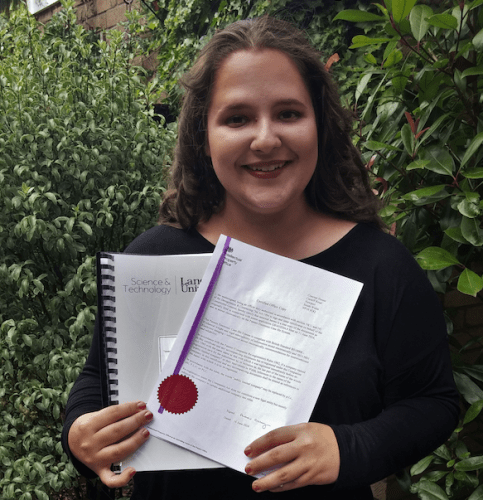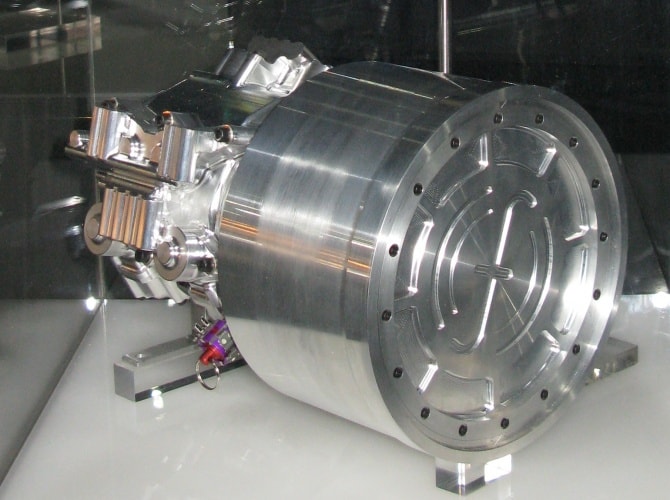
The Flywheel Energy Store (FES) is the brainchild of Abigail Carson, who previously came to the attention of The Student Engineer last November with a novel design for a suspension system. Her latest creation is a football-sized flywheel that could spin at up to 144,000rpm, more than double many current designs, which are limited to around 60,000rpm. As well as being used domestically, multiple FES units could be stacked together as part of a much bigger modular system, and potentially used to store intermittent energy from renewables on a large scale
“The global energy crisis is the biggest and most urgent problem that needs addressing,” said 21-year-old Abigail. “The Flywheel Energy Store can be used for a vast range of applications – most significantly in providing energy security and independence for everyone globally, but also including eliminating waste in power networks, pumping water to villages and allowing for cleaner cooking and heating in developing countries, instant charging of electric vehicles, and off-grid energy storage.”

Abigail’s FES retains energy kinetically in a levitated floating mass. The rotor, which can be made from composites such as carbon fibre, is permanently levitated and doesn’t require additional control mechanisms or maintenance. This gives the FES several advantages over batteries, according to Abigail.
“The lifespan of the FES is around 30 years, which is much longer than that for batteries,” she said. “Batteries cannot withstand power transfer pattern variations – they suffer very badly from charging and discharging abuse. This is not a problem for the FES, which is virtually immune to this sort of abuse.”
“Batteries are unable to match the ramping rate (how quickly the energy can be charged or discharged) of a FES. This is important for when large amounts of energy are needed, such as smoothing out supply and demand on large energy networks. In addition, my FES has a design that can be recycled – which is impossible for batteries.”
Abigail currently has a patent pending for the FES design and is looking for investment opportunities to implement the system.




April 1886: the Brunkebergs tunnel
First ever example of a ground source heat pump?